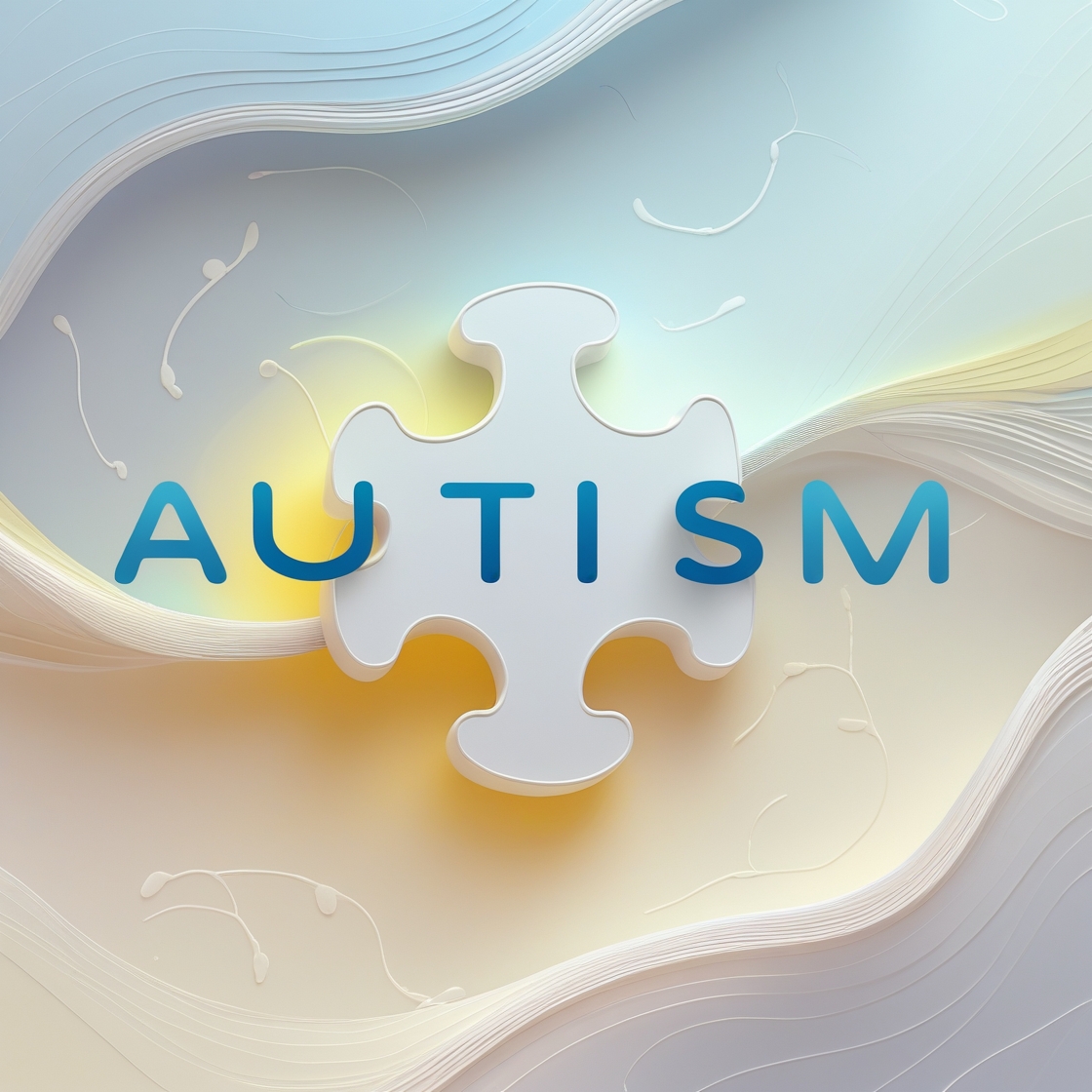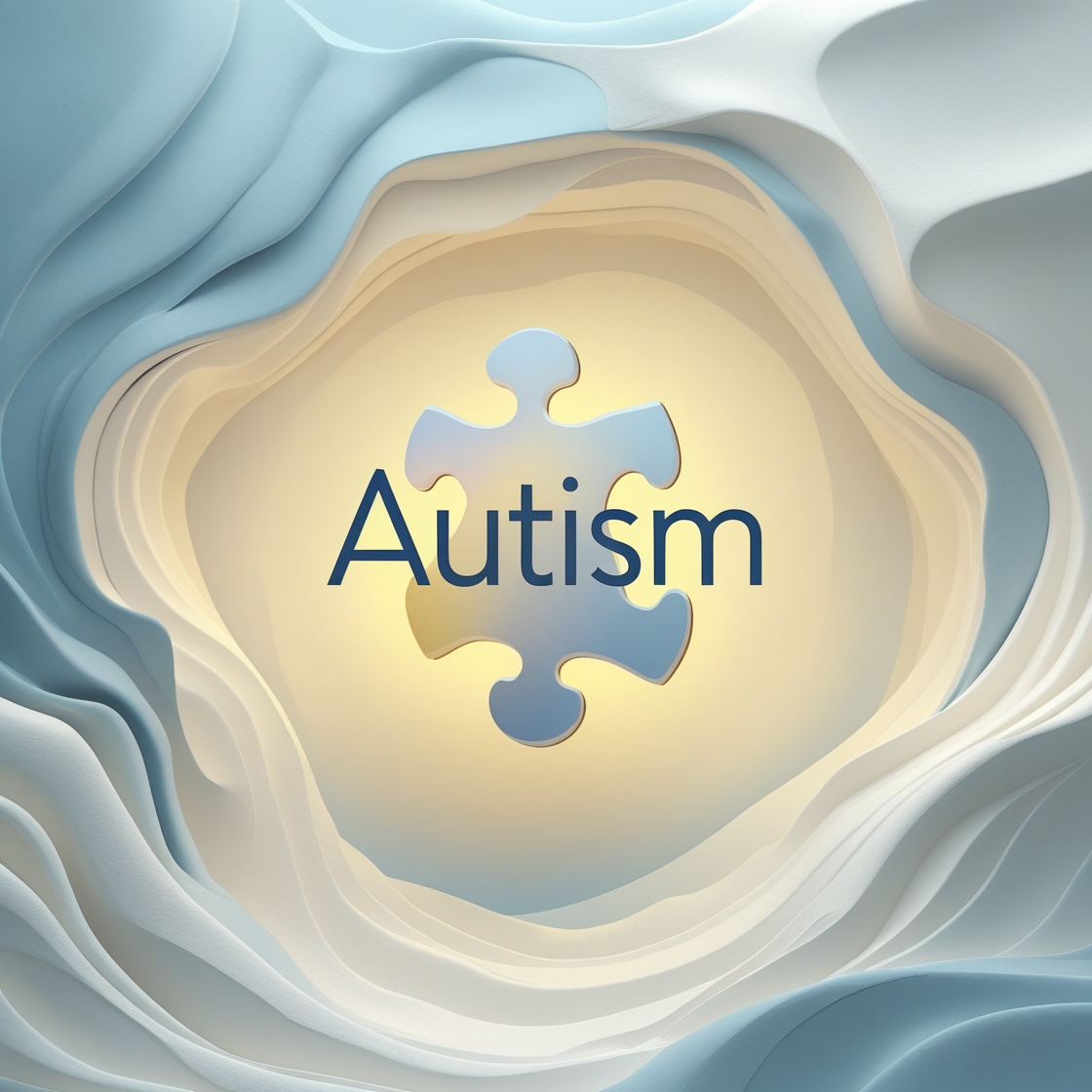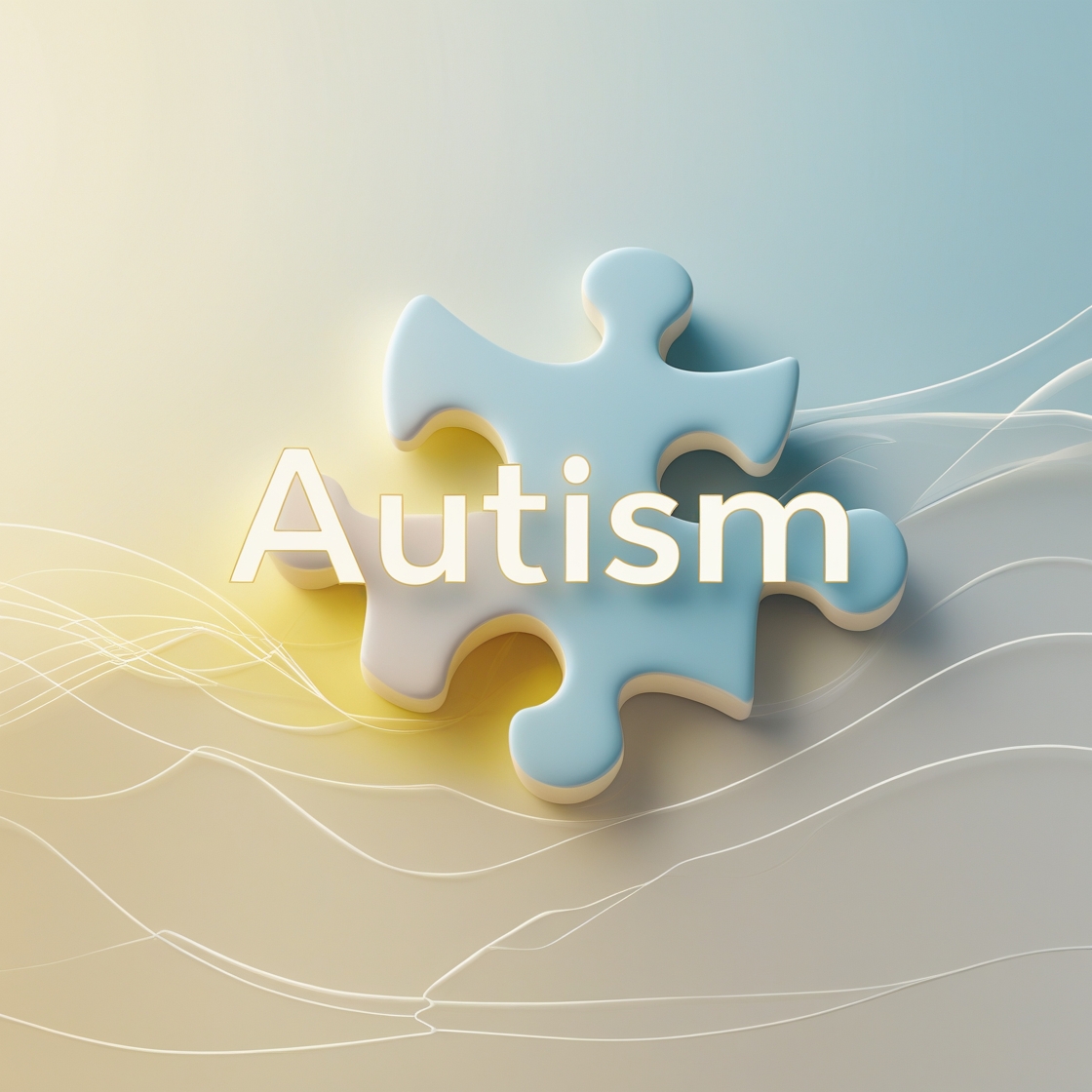Yo, listen up, bro! Let’s break down autism in a chill, no-nonsense way. This condition is a neurodevelopmental disorder that messes with how you talk, interact, and act. It usually pops up early and sticks with you for life. Folks with this condition see and process the world a bit differently—not “bad” or anything, they just got their own unique vibe.
In the medical world, it’s called Autism Spectrum Disorder (ASD) ‘cause it comes in all shapes and sizes, from mild to heavy. Some peeps can live independently, while others might need extra support every day.

What’s Autism All About?
Autism is a brain thing that affects how you communicate, socialize, and behave. It’s not just a cosmetic issue—it’s about how someone experiences life. People with this condition have their own way of understanding the world, which might seem different from what you’re used to, but that’s just how they roll.
What Causes Autism: Myths vs. Facts
You might be wondering, “What’s the deal behind autism?” The exact cause isn’t totally clear yet, but here’s the lowdown on some major factors that could jack up your risk:
-
Genetic Factors:
Research shows that this condition can run in the fam. If someone in your family has it, you might be more likely to get it too. -
Brain Development Differences:
Some parts of the brain, especially those handling communication and social skills, develop differently in people with this condition. This can affect how they process info and interact with others. -
Environmental Factors:
Things like pollution, infections during pregnancy, or complications at birth might play a role, but no one’s 100% sure yet. -
Not ‘Cause of Vaccines!
One of the biggest myths out there is that vaccines cause this condition. That’s been totally busted by solid research—vaccines are safe and key to preventing serious diseases.

Key Signs of Autism You Gotta Know
Since autism is a spectrum, signs can vary from one person to another. But here’s some common stuff:
-
Social Communication Woes:
Kids or adults with autism might not respond much when you call ’em, struggle with reading facial expressions, or avoid eye contact. They might also miss jokes or sarcasm. -
Repetitive Behaviors:
They often do the same thing over and over—like hand-flapping, rocking, or sticking to a strict routine. -
Hyper-Focus on Specific Interests:
Some get super into one thing—like numbers, letters, or a particular object—and it’s hard to pull their attention away. Others might dive deep into topics like trains, planes, or favorite cartoons. -
Sensory Sensitivity:
Loud sounds, bright lights, or certain textures can be a big deal. Their senses are usually extra tuned in, making everyday stuff feel overwhelming sometimes. -
Struggles with Reading Emotions:
Not everyone, but many have a tough time picking up on others’ feelings or social cues, like facial expressions and body language.

How to Support Someone with Autism
If you’re around someone on the spectrum, here’s how you can be a solid support:
-
Educate Yourself:
The more you know about autism, the easier it is to understand their needs. Hit up legit sources, join autism communities, or chat with professionals. -
Get the Right Therapy:
- Speech Therapy: Helps if they have delays or trouble communicating.
- Occupational Therapy: Boosts motor skills and helps with daily independence.
- Behavioral Therapy (like ABA): Can build social skills and reduce challenging behaviors.
-
Create a Chill Environment:
Make home and school spaces calm and predictable. Avoid sudden changes that might stress them out. -
Don’t Force It:
Let them be who they are. Encourage socializing, but don’t push if they’re not comfortable. -
Keep Communication Simple:
Use clear, simple language and give them time to respond—no need to rush or overcomplicate your words.

FAQ – Quick Q’s on Autism
1. Can autism be diagnosed in babies?
Yeah, signs can pop up as early as 12–24 months.
2. Is autism just a kid thing?
Nah, it’s a lifelong condition, though symptoms can change as you grow up.
3. Are all people with autism geniuses?
Not at all, bro. Some might have special talents, but it varies a lot.
4. Can kids with this condition go to regular schools?
Depends on their needs. Some can thrive in mainstream schools with extra support, while others might do better in specialized settings.
5. What’s the best way to talk to someone with this condition?
Keep it simple and clear. Avoid raising your voice or using complex language, and give them time to process and respond.
So there you have it, bro—your lowdown on this condition. It might change how someone sees the world, but it doesn’t make them any less awesome. With the right support and understanding, peeps on the spectrum can totally thrive. Spread the word and let’s all work together to support each other.
Stay real, keep it simple, and always be kind!

